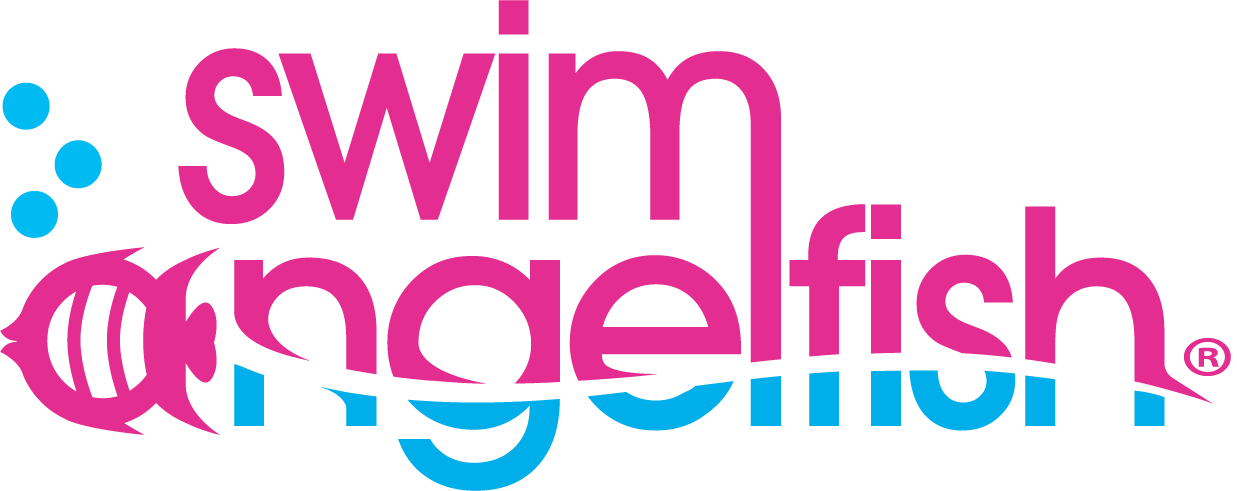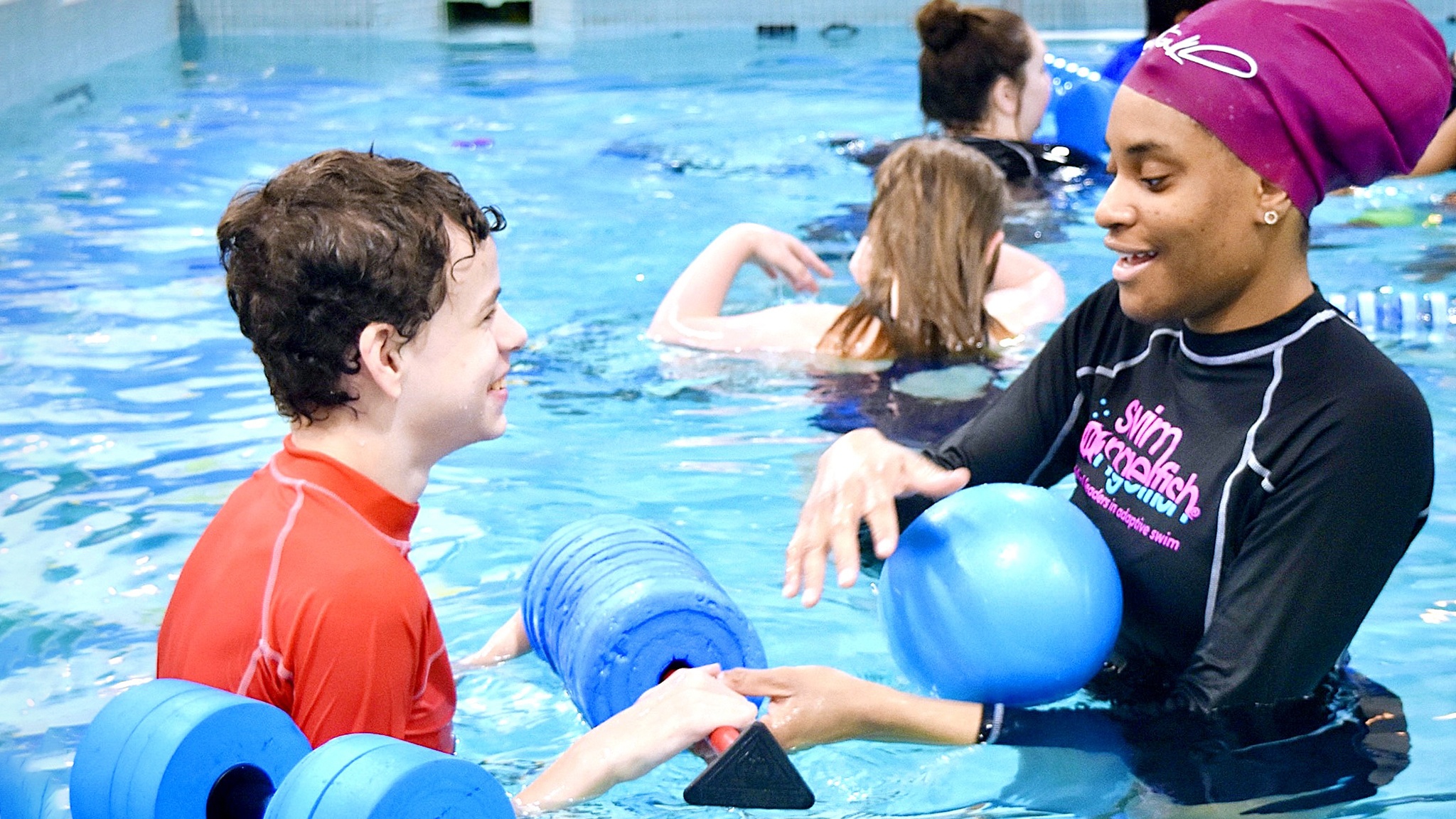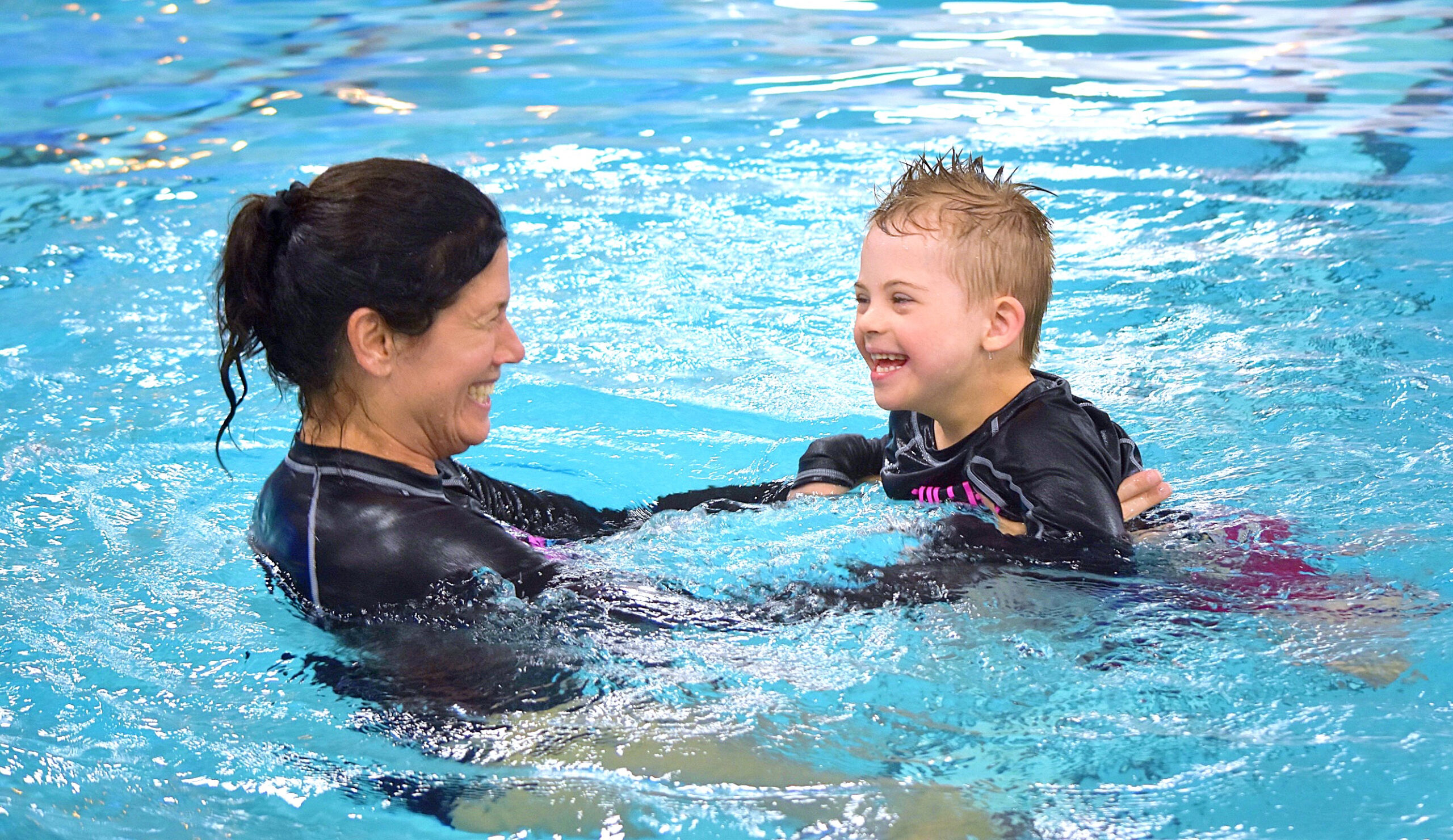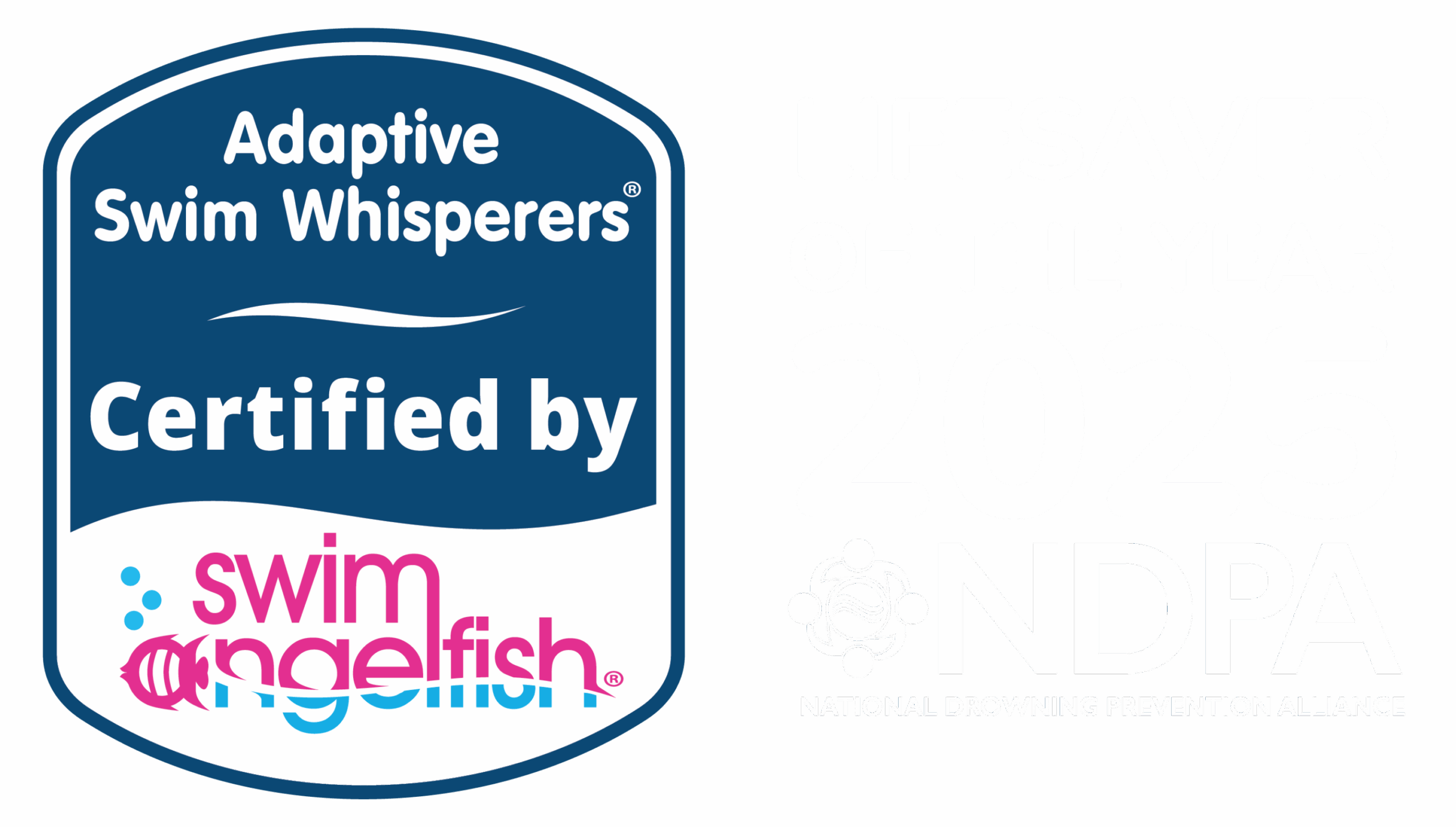What is the difference between Adaptive Swim Lessons and Aquatic Therapy?
Aquatic Therapy and Adaptive Swim Lessons are both approaches that cater to individuals with disabilities or special needs, utilizing the unique properties of water to enhance their experiences and abilities. However, there are distinct differences between the two in terms of their focus and objectives.
Choosing Aquatic Therapy or Adaptive Swim Lessons for Your Child
Both approaches provide valuable opportunities for growth and enrichment in a water-based environment. Let us help you decide which service is right for your child. Book a Service Assessment today or view our pricing details before making a decision.
What is a Service Assessment?
Provided by a Swim Angelfish trained and experienced aquatic therapist. The provider is a person who holds their professional credentials in OT, PT or Recreational Therapy.
The service assessment consists of:
- An intake phone call from the provider to discuss your goals
- A 30-minute in water session
- A written assessment of findings
- A recommendation of best plan of care
Aquatic Therapy vs Adaptive Swim Lesson FAQs
In this FAQ, we explain the differences that set Aquatic Therapy and Adaptive Swim Lessons apart. Explore this section to gain a better understanding of how these two approaches cater to distinct needs – from leveraging water’s therapeutic benefits for targeted goals in Aquatic Therapy, to fostering swimming skills, water safety, and confidence in a supportive environment through Adaptive Swim Lessons.
Aquatic Therapy uses the therapeutic properties of the water to assist in achieving therapy goals. We work on motor planning, reflex integration, core strength, balance, self-regulation and bilateral coordination.
Most children with special needs will benefit from aquatic therapy. The therapeutic qualities of water are a wonderful alternative to or can complement traditional therapies for a variety of diagnoses including Autism, Down Syndrome, Cerebral Palsy and any sensory-motor challenges. In our blog Everything You Need to Know About Pediatric Aquatic Therapy we share some of the reasons why you might expand your child’s services to include Aquatic Occupational, Physical and Recreation Therapy.
Adaptive Swim Lessons are designed specifically for individuals with disabilities or special needs. Our Swim Whisperers swim lessons are tailored to meet the needs of each individual and aim to provide a safe and supportive environment for individuals to learn how to swim, improve their swimming skills and gain water safety awareness.
Adaptive Swim lessons provide individuals with disabilities or special needs the opportunity to learn an essential skill, build confidence in the water, and enjoy the many benefits of swimming in a supportive and inclusive environment.
Adaptive Swim lessons are not Occupational Therapy or Physical Therapy and cannot be billed to insurance.
Sometimes the decision is not clear and you may need help from a Therapist to determine that. We have created a Swim Assessment, which is performed by an experienced therapist (who is also a swim instructor). They will work with your child for a 30 minute session and assess a checklist of skills to help you answer this question and better guide you in the next steps based on your goals. This assessment is not a therapy evaluation and is not able to be submitted to insurance.
To help determine your child’s needs, it may be beneficial to register for a service assessment so that our experienced therapists can assess and make an appropriate recommendation to help meet your goals.
Swim Whisperer Swim Lessons focus on addressing the underlying obstacle your swimmer is having in achieving swim skill benchmarks. The goal is safety, more independence in the water, and learning to swim.
Aquatic Therapy uses the therapeutic properties of the water to assist in achieving therapy goals. We work on motor planning, reflex integration, core strength, balance, self-regulation and bilateral coordination.
We will not work on swim skill benchmarks or stroke mechanics in Aquatic Therapy as that is not the purpose.
Your child will, however, learn how to be safer and more independent in the water as it pertains to your therapy goals for independent balance, mobility and motor planning.
This is specific to your particular child and once their therapist feels that they are ready to take adaptive swim lessons.
Yes, our instructors are specially trained to overcome the underlying problem causing their anxiety.
Aquatic Therapy acts as a complementary or alternative method to traditional therapies for conditions like Autism, Down Syndrome, Cerebral Palsy, and Sensory-Motor challenges. By leveraging water’s properties, individuals can work towards therapeutic goals in an environment that reduces the impact of gravity and supports their developmental needs.
